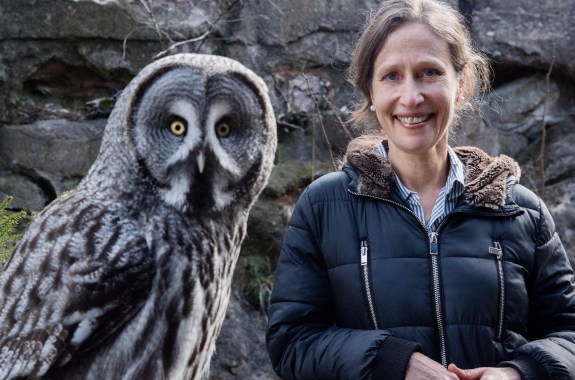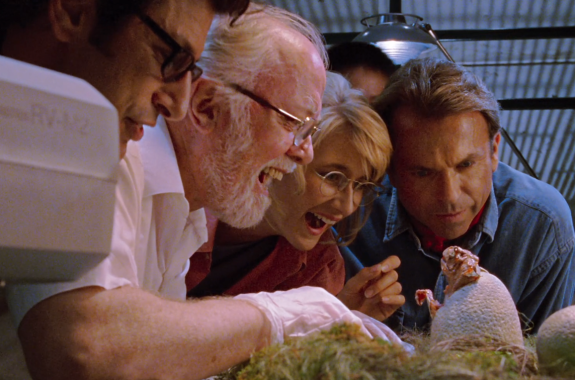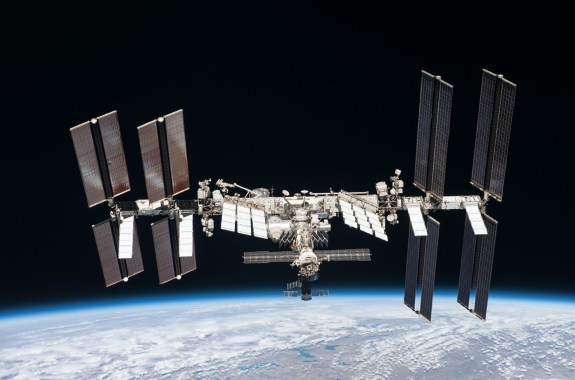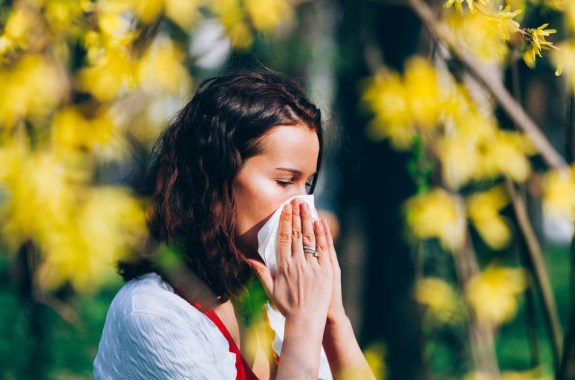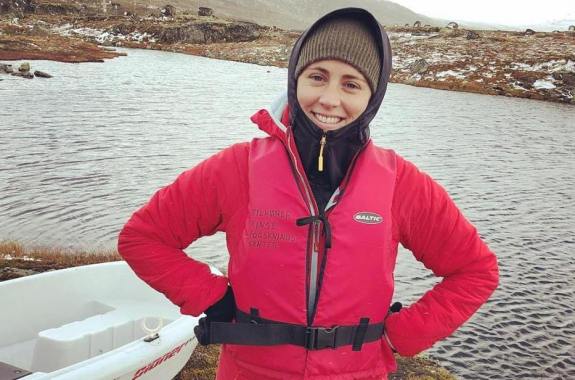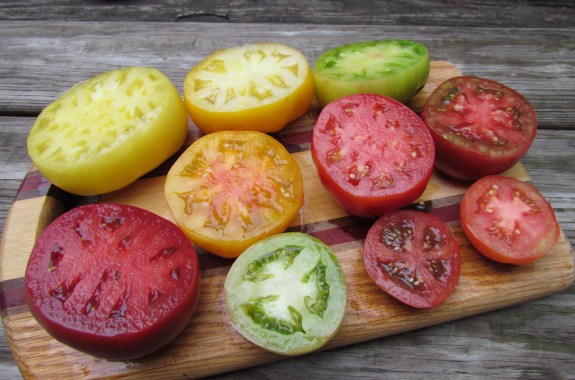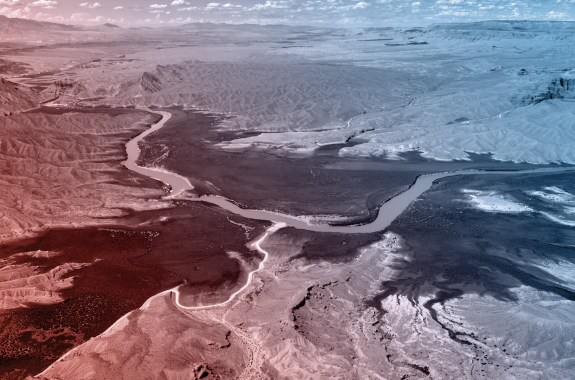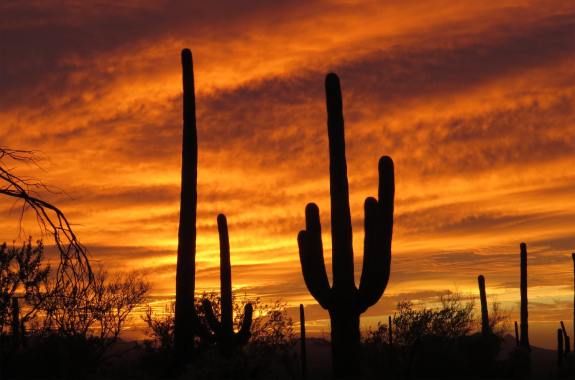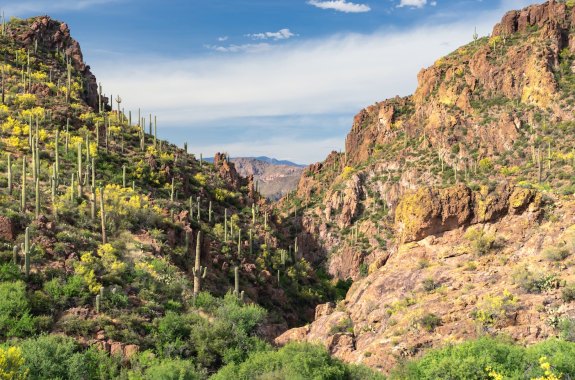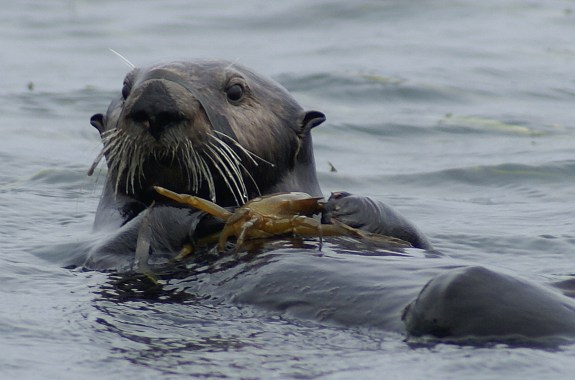Radio
Listen to Science Friday live on Fridays from 2-4 p.m. ET
November 22, 2024
On the 50th anniversary of Lucy’s discovery, paleoanthropologists reflect on what she means to science, and what she taught us about ourselves. Plus, divers have recovered seeds of a long-lost rye variety from a 146-year-old shipwreck in Lake Huron. And, just in time for Thanksgiving, a potato researcher explains potato varieties, potato nutrition, and some tubular tuber facts.
11:49
Unmasking Owls’ Mysteries
Jennifer Ackerman’s new book delves into these fascinating avian predators, including their supersonic hearing, quiet flight, and complex communication.
16:59
30 Years Later, ’Jurassic Park’ Still Inspires
Paleontologists talk about the lasting legacy of ‘Jurassic Park’ and explain how their work was inspired by the classic film.
11:34
Record Number Of People In Space At The Same Time
There is a record number of humans in orbit: 17. Plus, flies are more necessary than we give them credit for—and they’re in trouble.
8:19
Allergy Season Is Blooming With Climate Change
Climate change is triggering plants to produce pollen earlier and earlier, making allergy season longer and more intense.
8:33
Why This Scientist Shares Vulnerable Career Moments
After several rejections, a paleoclimatologist found support by sharing her story with other scientists.
11:56
Tomato Breeding Project Fueled By Over 1,000 Backyard Gardeners
The Dwarf Tomato Project has generated over 150 tomato new tomato varieties, crossbred between heirloom and dwarf species.
10:08
Southwestern States Break The Dam On Water Stalemate
California, Arizona, and Nevada finally reach a compromise to cut use water use from the Colorado River.
7:07
Tracking The Saguaro Cacti Decline
Researchers from the University of Arizona find the iconic species’ new growth is declining.
17:00
These Conservation Scientists Are Keeping The Sonoran Desert Diverse
The vast desert spanning southwestern U.S. and Mexico is home to thousands of plant and animal species—and scientists are trying to save it.
16:27
Could Restoring Animal Populations Store More Carbon?
Rewilding certain animal populations like wildebeests and sea otters could help absorb greenhouse gas emissions.
